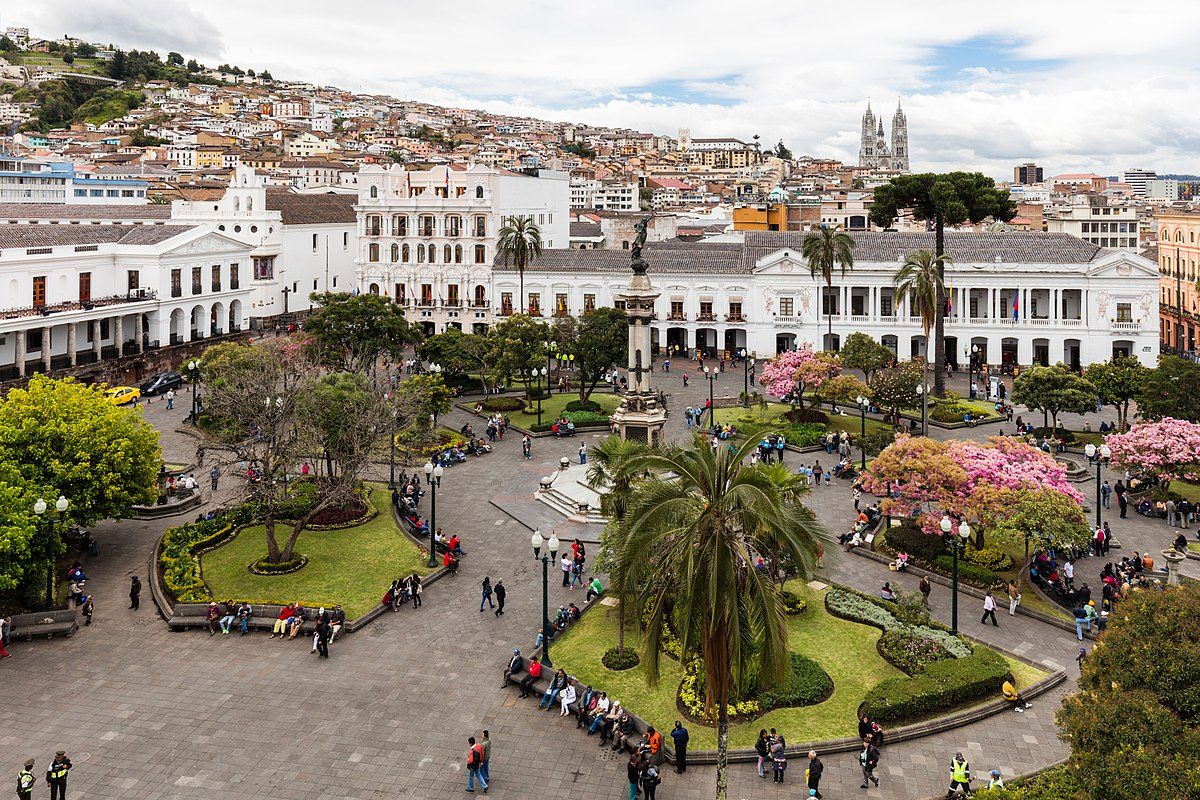Skift Take
After Covid put the travel industry under a microscope, Ecuador aims to define who’s who in the agencies segment, create a clearer environment for online sales, avoid embezzlements and improve the quality of professionals.
Ecuador’s Ministerio de Turismo has reformed the bylaw regulating travel agencies and operators in order to create a clearer relationship between companies and consumers, outline rights and obligations for both, as well as clarify the necessary procedures to register agencies and obtain required licenses.
The changes are being watched closely as a potential model elsewhere.
The update in Ecuador put into print what virtual channels, virtual commercialization and tourism packages are in Ecuador. It also included definitions and requirements for agencies and operators, and differentiated wholesale agencies, international travel agencies and dual agencies, that can offer services and also act as operators.
“Until now, an agency didn’t need to have a physical office. Now the physical space is key to obtain permits,” said Luz Clara Gonzaga Vallejo, coordinator of the Tourism Observatory of the Universidad Técnica Particular de Loja.
“It also became mandatory for adventure travel agencies to have insurance policy for tourists, probably to stamp out illegal operations and favor credited firms,” she added.
Other requirements are having at least 50 percent of the staff with a degree in tourism or a related field (or have certified skills in it) and 20 percent with at least a B1 language level according to standards established by the Common European Framework of Reference for Languages.
“It is likely that these requirements are not well received by agencies,” said a representative from UTPL. “But tourism professionals have been demanding these improvements to the profession for a long time. I believe the Mintur is betting on an upgrade of the quality of services.”
Online Operations
When asked by Skift how the legislation will bring more transparency to the sector, Gonzaga Vallejo reiterated the requirement of a physical address.
“Agencies have always been able to commercialize services under the parameters of e-commerce as any other company, but to keep better controls and avoid embezzlement, a physical office is now required,” Gonzaga Vallejo said.
The bylaw specified that an agency registered with the National Tourism Authority is responsible for verifying the accuracy of the information provided in the virtual channels. Requirements for virtual channels were also established — such as an address and phone number for the authorized agency, security measures for online purchases and data protection and cancellation and reimbursement policies. Finally, misleading online information regarding the quality and reach of the advertised services could result in penalties.
More Changes to Come
According to official estimates, Ecuador is expecting to receive about 800,000 foreign tourists in 2022 and two million by 2025. Those figures are attributed to promotional efforts, elimination of taxes in accommodations, and potential open skies agreements with the United States and other nations.
Tourism Minister Niels Olsen is also reportedly working on a new tourism law to replace the current legislation dating back to 2002 and adapt it to the reality of the market.
In the first few months of 2022, Ecuador will also be launching a new Visa Nómada, a type of permit to attract high income digitial nomads. Colombia is the only other South America to currently to have a such scheme in place. And Olsen expects to implement new tourism branding for Ecuador, which the bylaw will require travel agencies to use in online platforms and advertising materials.
The Federación Nacional de Cámaras Provinciales de Turismo, which oversees the country’s provincial tourism offices, also mentioned recently that to recover from the pandemic the industry needs more access to credit. This organization estimates that 120,000 jobs were lost due to the economic crisis caused by the pandemic — in addition to 25 percent of companies in the sector going out of business.
The Daily Newsletter
Our daily coverage of the global travel industry. Written by editors and analysts from across Skift’s brands.
Have a confidential tip for Skift? Get in touch
Tags: ecuador, online travel, online travel agencies, tourism
Photo credit: The Plaza Grande in Quito Diego Delso / Wikimedia Commons
